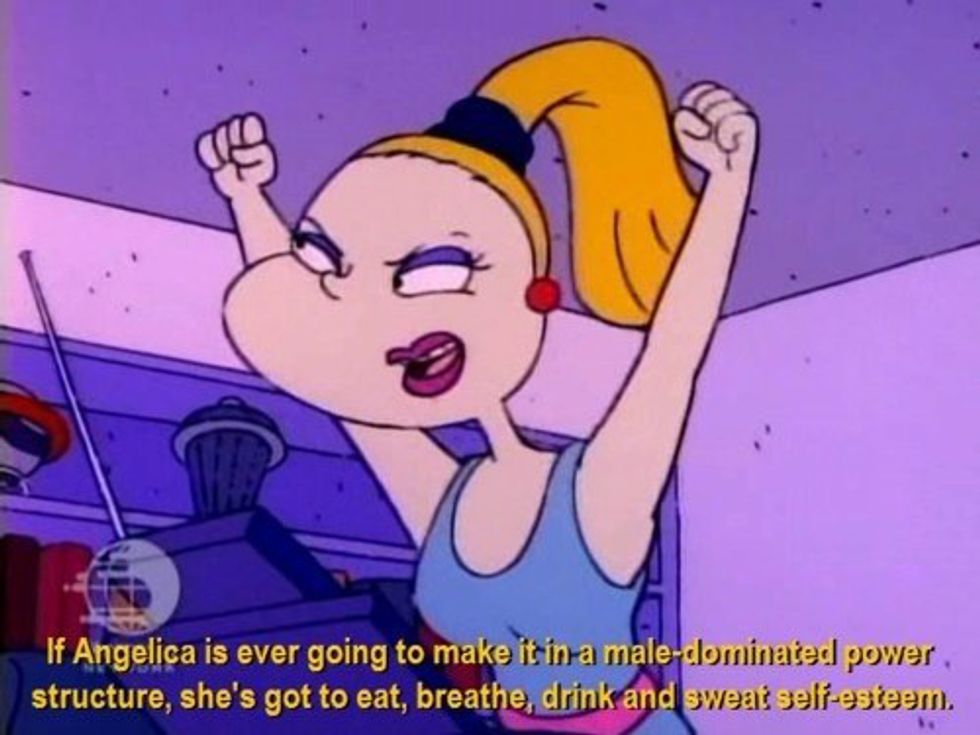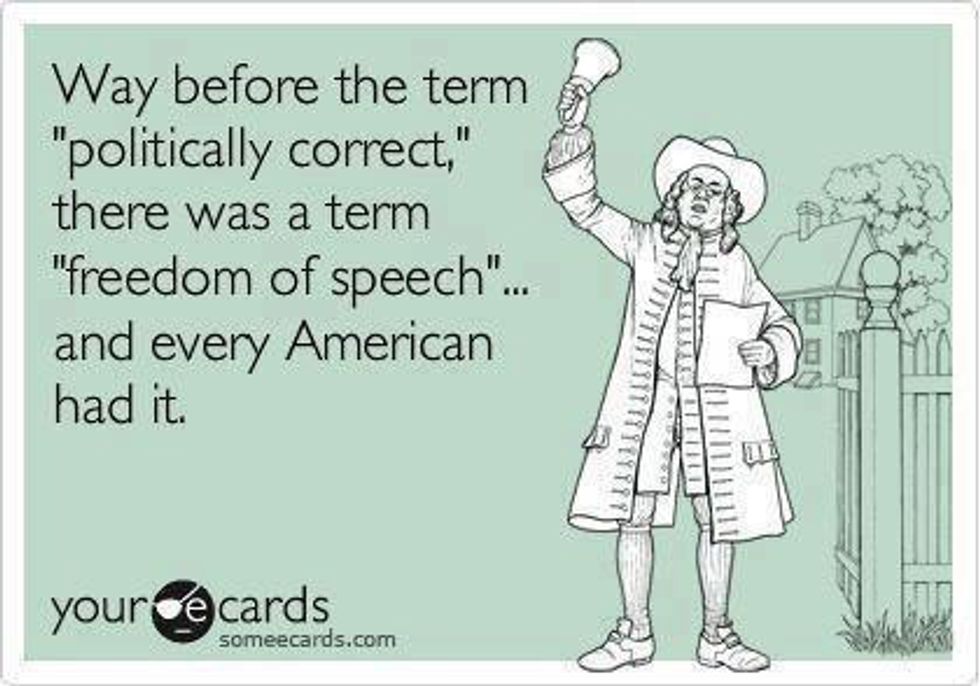The beautiful thing about the English language is that with just 26 letters, we can make people feel. We create love and happiness, toil and strife, triumph and failure. We have the ability to illustrate entirely different worlds, new universes and dimensional characters. But with those same 26 letters, we can also perpetuate hate, arrogance and ignorance.
The English language is a powerful thing.
Recommended for you
I try to use my 26 letters for good. That sounds pretty cheesy, or maybe it doesn’t make sense to you at all. Look at it like this: the average novel contains anywhere from 50,000 to 100,000 to 200,000 words, and the average person speaks around 15,000 words a day. With my 15,000 words, I want to spread love and positivity, but some people choose to read books or have conversations that perpetuate that hate that I previously mentioned. Why? Part of me hopes that it’s due to ignorance rather than purposeful maliciousness.
Being politically correct, or PC for short, is a pretty controversial topic for debate. Merriam-Webster dictionary defines politically correct as “the idea that people should be careful to not use language or behave in a way that could offend a particular group of people.”
That seems pretty reasonable, right? Don’t do or say things that could offend someone. Let’s be honest though, this mostly applies to groups of people that have historically had superiority or authority over other groups of people (i.e; the white man talking down to the black man; the straight man talking down to the gay man; the man talking down to the woman).
I don’t think it’s asking a lot to learn to be aware that words can hurt. But some people are taking it as far as comparing politically correct to Newspeak in George Orwell’s novel "1984." Take a look at definitions of PC submitted to Urban Dictionary: “a way that we speak in America so we don't offend whining pu****s” or “the ideology of weird left-wing liberals who want society to be nothing but accepting of all perverts and freaks everywhere. The main basis is not to offend anyone with one little incorrect word.”
But by far, the worst definition I came across on Urban Dictionary defined politically correct as “a powerful form of censorship.”
And there lies the main problem. People are upset that, for the first time, really ever, they’re being told what not to say. This isn’t the same as censorship - not even close.
Since returning home for the summer, I’ve become very aware of what people say, and how offended my friends from school would be if they were in my situation. It all boils down to one known truth: you don’t know who’s around you, you don’t know their story and you don’t know what they’ve been through. The truth of the matter is that words like depressed and phrases like kill me, that so many people use lightheartedly, are trigger words for so many other people. Being politically correct is only asking you to be aware.
You don’t like that kid in your Tuesday math class? He’s not gay — you just don’t like him.
You noticed that boy you went to high school with has a boyfriend now? He’s not a fag — he's gay.
You didn’t get those Beyoncé tickets you really wanted? You’re not depressed — you’re just upset.
I could go on and on, but I think you get my point. Politically correct isn’t asking you to eliminate certain words from your vocabulary. It’s asking you to use those words correctly, and only if you need to.
Our words are powerful. Use them wisely.





















